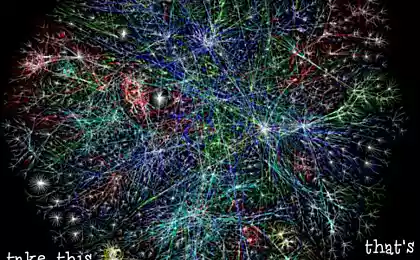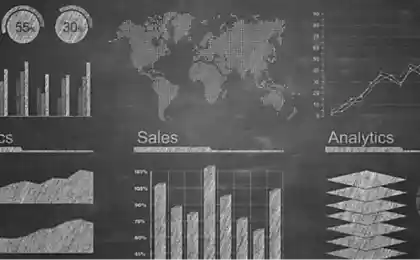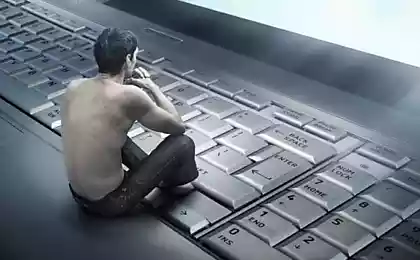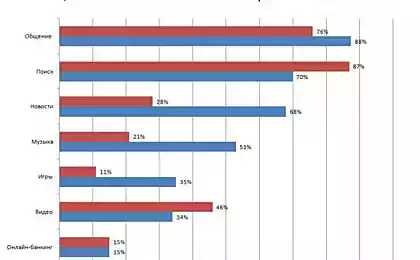750
10 facts about the Russian Internet

1. The name "Runet", made up of the domain and postfix imeni.ru net (Russian. net), spontaneously came into use in the late 1990s. The term was invented in the spring of 1997, the author of one of the first regular network of Russian speakers Raffi Aslanbekov and then introduced into a circle of the Russian-speaking Internet-cultural communication, where the term quickly caught on.

2. In 2001, the word with a capital letter with the words "Runet (Russian Internet)" was included in the spelling dictionary Russian Academy of Sciences, edited by Vladimir Lopatin - the main state language portal Dictionary Gramota.ru. In 2005, it entered spelling dictionary D. E. Rosenthal.

3. The history of Runet has begun in the middle of last century. Soviet scientists from the USSR Academy of Sciences IPMCE create network computer communication since 1952 within the framework of works on creation of automated system of missile defense. Initially, a team led by Sergey Lebedev created a series of computers ("Diana-I», «Diana-II», M-40, M-20, M-50, and others.) And organized the exchange of data between them to calculate the trajectory of missiles.
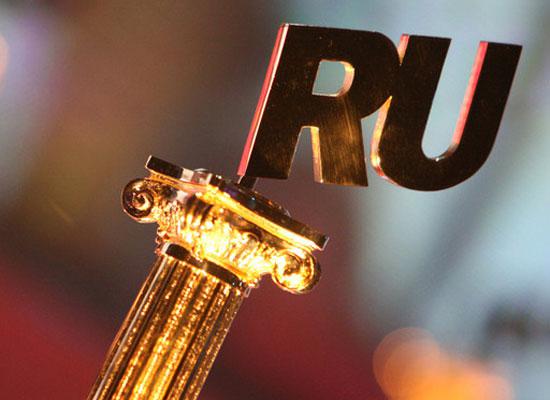
4. April 7, 1994 - the day the international network by InterNIC officially registered national domen.ru for the Russian Federation.
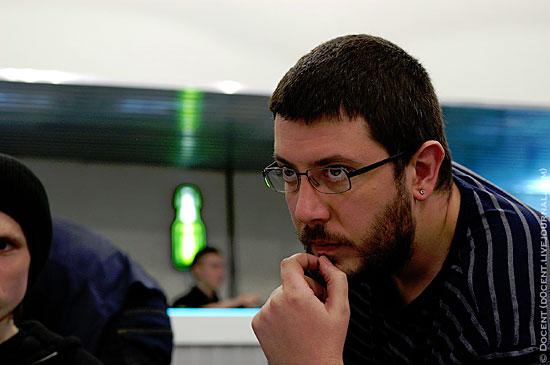
5. A landmark for the formation of the "face" of the modern Internet to become the next 1995th year. Here are some dates and events:
April 1995 - created the first site off-line media in the Internet - "Teacher's Newspaper». May 1995 - opened the first site of information agency - "RosBusinessConsulting». September 1995 - the programmer Andrei Gerasimov based provider "Netklab" first in Russia created a mechanism for trading CDs through the Internet shop started, but almost immediately closed due to unprofitability. 3 October 1995 year - opened the first web-design studio. Founder Artemy Lebedev. November 8, 1995 - first appeared in RuNet entertainment resource - Anekdot.ru.
6. The prototype of the modern blog was opened December 24, 1996, the year Anton Nosik "Evening Internet" was the first online publication specifically devoted to the network and its users. The immense popularity gained guestbook of this site.
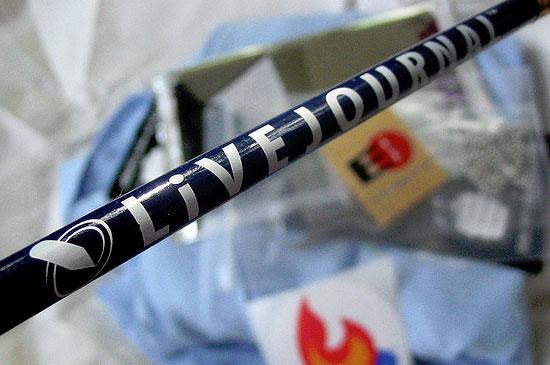
7. November 30, 1999 - Alexey Tolkachev made the first record in the American blogohostingah «LiveJournal» in Russian that can be called the starting point of the largest Russian-speaking Internet community - "Learn". Tolkachev was not engaged there is a regular journalism: This tradition began with the arrival of «LiveJournal» at the turn of 2000-2001, Mikhail Verbitsky and Roman Leybova.
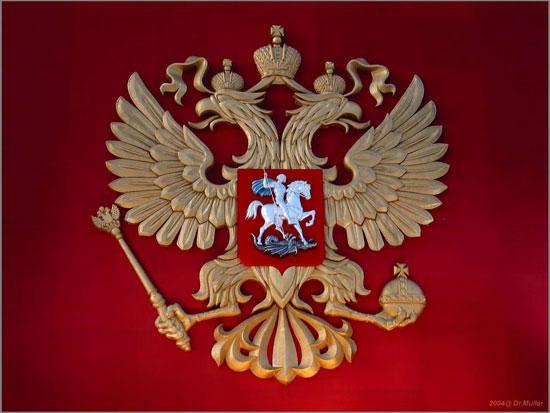
8. in 2003 and it was issued a decree number 98 of the Russian government "On providing access to information on the activities of federal executive bodies", obliging all federal agencies to create their web sites and regularly placed on the information they about their work. In subsequent years, the majority of government departments created their own websites, but few have done so only in the light of the judicial campaign initiated by the Institute for Development of Freedom of Information (IDIS).
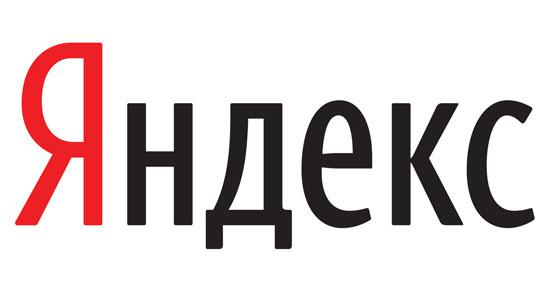
9. From the research conducted and presented by Yandex in the year 2009: The index of "Yandex" stored 140 thousand gigabytes of text data (or 2, 3 trillion words); If all of this print will consists of 10, 5 billion cubic meters in height from the pages of a nine-house. Every fourth web page contains text, though useless (a search spam). 56% of the sites consist only of a single page, 88% of the information is concentrated in less than one percent of sites.

10. Runet - a rather sad place: only 6 per cent of the Russian-language sites contain different versions of laughter and 15 percent - different versions of smiles in the form of emoticons.
Source: ru.wikipedia.org
via factroom.ru
In Sydney "fall from the sky" gigantic figure "Tetris"
The bones of dinosaurs in the museum - it's really no dice
